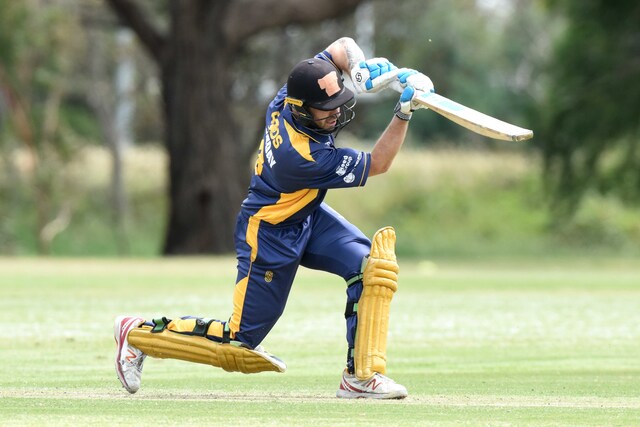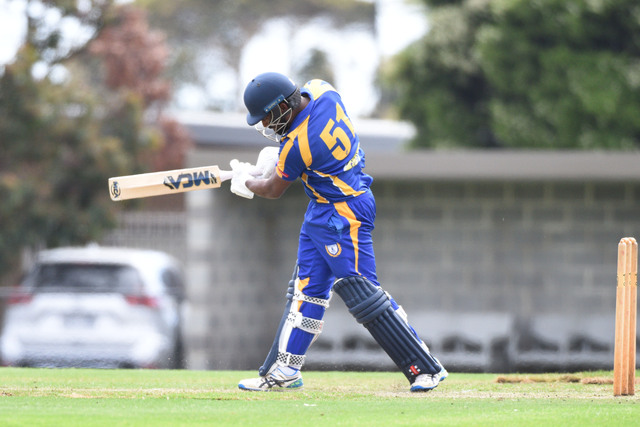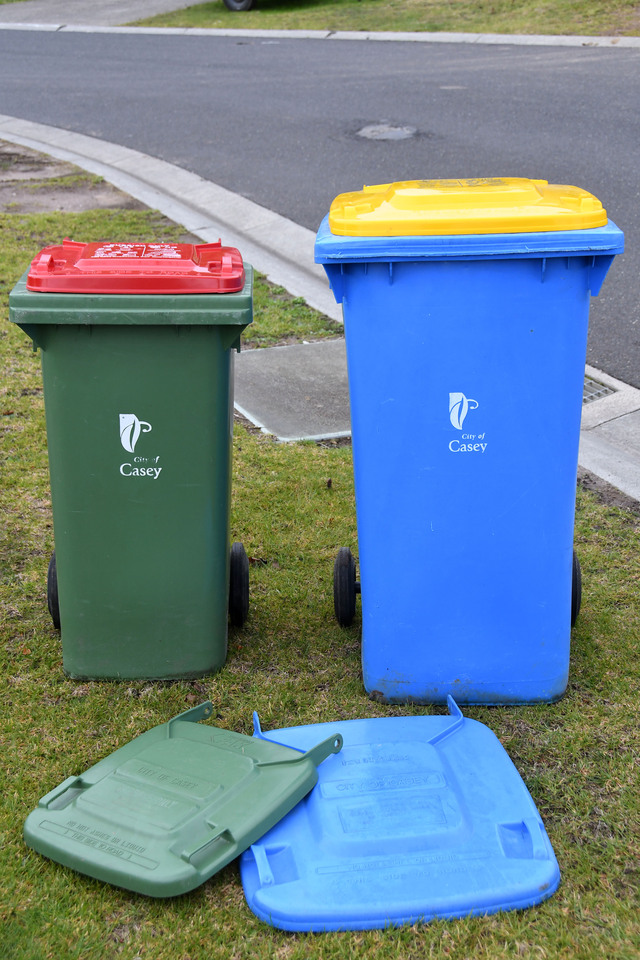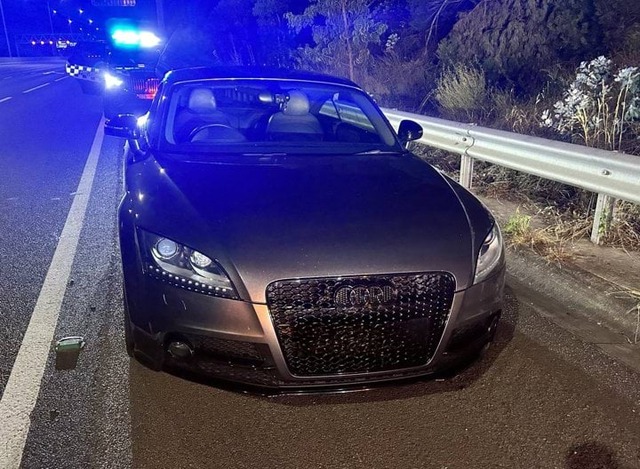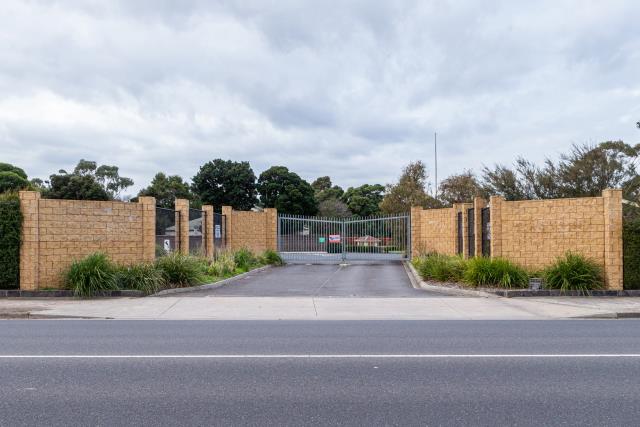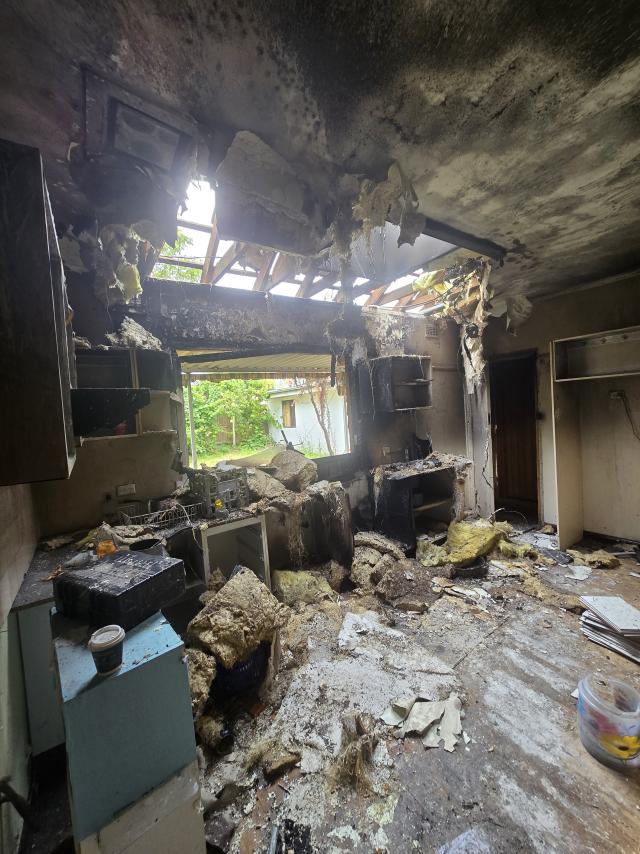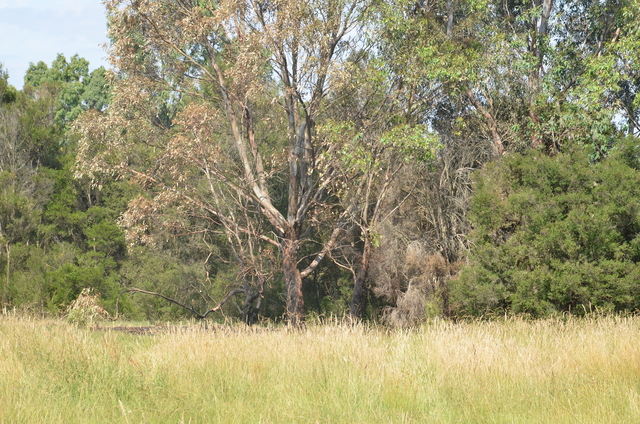Fuming over a family property feud, two brothers launched a frightening home invasion on their Keysborough cousin, wife and children, a court has heard.
Javed Shamshir, 25, and Mohammad Shamshir, 22, pleaded guilty to home invasion, criminal damage and unlawful assault at the address late at night in May 2018.
About 11pm, they and three unknown males forced their way through the front door and window using a wooden garden stake found on the nature strip outside.
His wife, who had been asleep with her three children, shut herself in the upstairs bedroom.
Javed, demanding to know where his cousin was, pulled the bedroom door off its hinges.
He searched the bedroom, taking documents pertaining to the disputed piece of Pakenham land.
The cousin was found hiding in the garage. He was felled by a punch to the face from Mohammad, and then struck from “numerous angles” by the intruders.
He suffered minor injuries.
The five offenders left before police arrived. When later arrested, the brothers initially denied involvement.
The feud involved land jointly purchased by the Shamshirs and their cousins. An offer had been made to buy out the cousin’s share which was rejected.
Earlier in the night of the home invasion, both sides had lodged complaints and enquired about intervention orders with Dandenong police.
“There the matter should have rested,” County Court of Victoria judge Paul Higham said during sentencing on 24 July.
“However it did not.”
Judge Higham said he had to send a message to deter others as well as the Shamshirs of repeating the offence.
“Home invasion is a most serious offence … People are entitled to feel safe within their own homes and the courts will do everything they can do to ensure the safety of the community.
“To have persons force entry into the home late in the evening is both terrifying and leaves a lasting sense of violation.”
Judge Higham said regardless of who was right and wrong in the dispute, Javed took the law into his own hands.
He arrived with others at the cousin’s home with an intent to assault the cousin in the premises.
But the judge found that the home invasion itself was spontanenous, rather than planned. The group brought no disguises and weapons.
“Your actions were driven by a sense of grievance that you were plainly unable to control.”
Young men often appeared in court due to the same flaw – it was perhaps the “greatest challenge for the wellbeing of the community and the world in general”, Judge Higham said.
The co-accused were both born in an impoverished farming district in Afghanistan, without formal education. They experienced significant wartime trauma before migrating to Australia in 2005.
At 12, Javed had determinedly completed an English language course, followed by a primary school and high school education up to Year 12.
He had formed his own business, employing three people and supporting his family.
Mohammad had a sporadic job history. He had not sought treatment for a diagnosed post-traumatic stress disorder and major depression likely stemming from his childhood.
He was assessed with a borderline low IQ, and was heavily using cannabis at the time of the home invasion.
Neither brother had relevant prior convictions.
Javed was jailed for 18 months, followed by a three-year community corrections order including 350 hours of unpaid work and offence-reduction programs.
Mohammad was jailed for 17 months, followed by a two-year CCO with 300 hours of unpaid work, drug and mental health treatment and other programs.
Mohammad’s term included eight months spent in pre-sentence detention.




